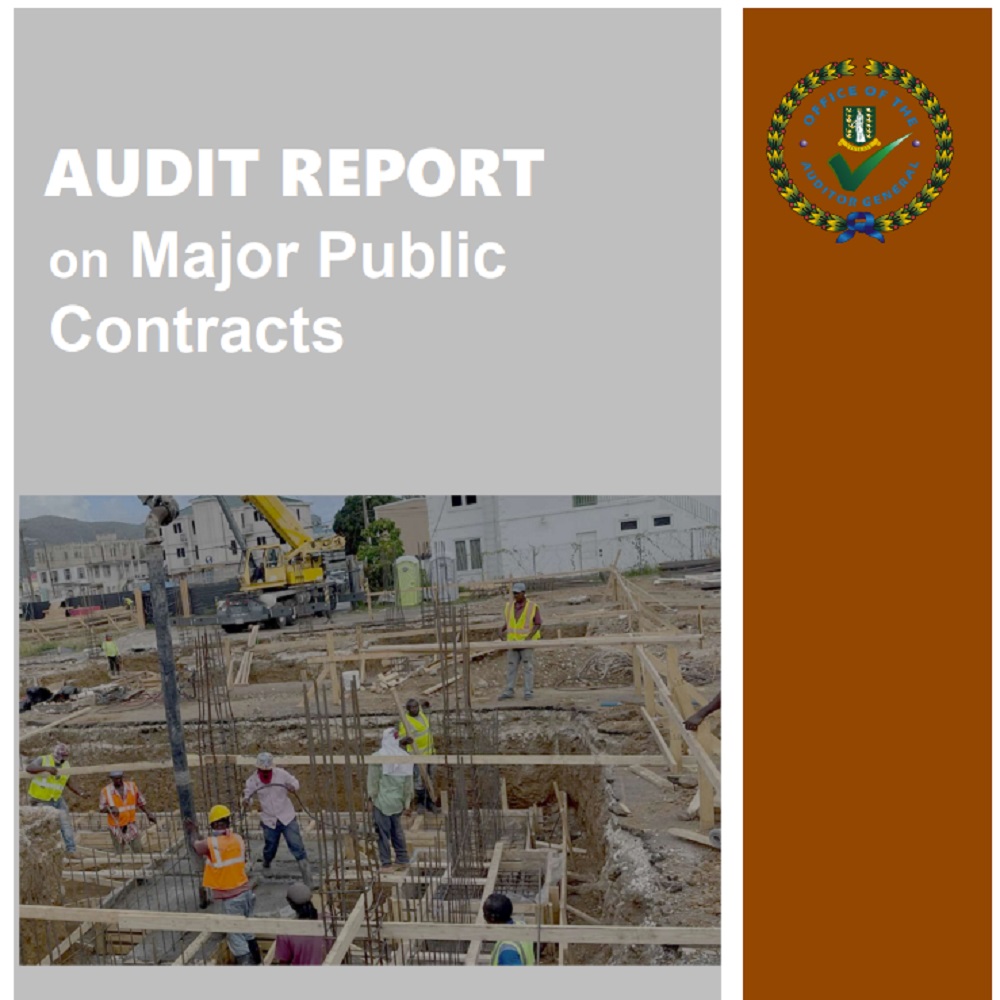An audit conducted on major public contracts in the territory has revealed significant gaps and vulnerabilities in the territory’s procurement practices between 2019 and 2022.
The audit, commissioned following the recommendations of the BVI Commission of Inquiry Report, sought to evaluate the transparency, fairness, and overall effectiveness of the government’s procurement processes. The findings highlight concerns about accountability, value for money, and potential abuse of the procurement system, leading to a set of 10 recommendations.
The audit focused on contracts issued under the 2005 Public Finance Management Act and its accompanying regulations, covering public contracts over $100,000, defined as major contracts. The key objectives were to identify weaknesses in the contracting process, particularly regarding manipulation to avoid open tendering, irregularities in the selection of contractors, and ensuring project completion and value for money.
The audit period covered 2019 to 2022, during which the government issued contracts valued at over $173.5 million. Of this total, $115.1 million was allocated to major contracts, with the highest expenditure on Information Technology (17.55%), Legal Services (13.20%), and recovery efforts related to government infrastructure and COVID-19 (10.28% and 8.96%, respectively).
Despite the framework offered by the 2005 regulations, the audit revealed that the system allowed circumvention, undermining key principles such as value for money, impartiality and accountability. It was also noted that delays in obtaining necessary documents and supporting information hampered the audit.
The audit pointed to several problematic practices, including the frequent waiver of the open tender process and the awarding of multiple contracts to the same companies, which risked creating market dominance and raised concerns about collusive bidding. Moreover, the report highlighted a significant discrepancy between the intended function of the regulations and their practical application, exacerbating inefficiencies and leading to a lack of value for money in some projects.
In light of these findings, the audit made 10 critical recommendations aimed at reforming the procurement system and ensuring a more robust framework for future public contracts. These included strict adherence to procurement policy, fair evaluation of tender submissions, proper use of petty contracts and the prevention of apparent nepotism.
The audit acknowledged that the BVI’s new procurement legislation, enacted in 2022, addresses many of the issues identified. However, it also warned that without vigilant oversight and compliance, the system remains vulnerable to abuse.

